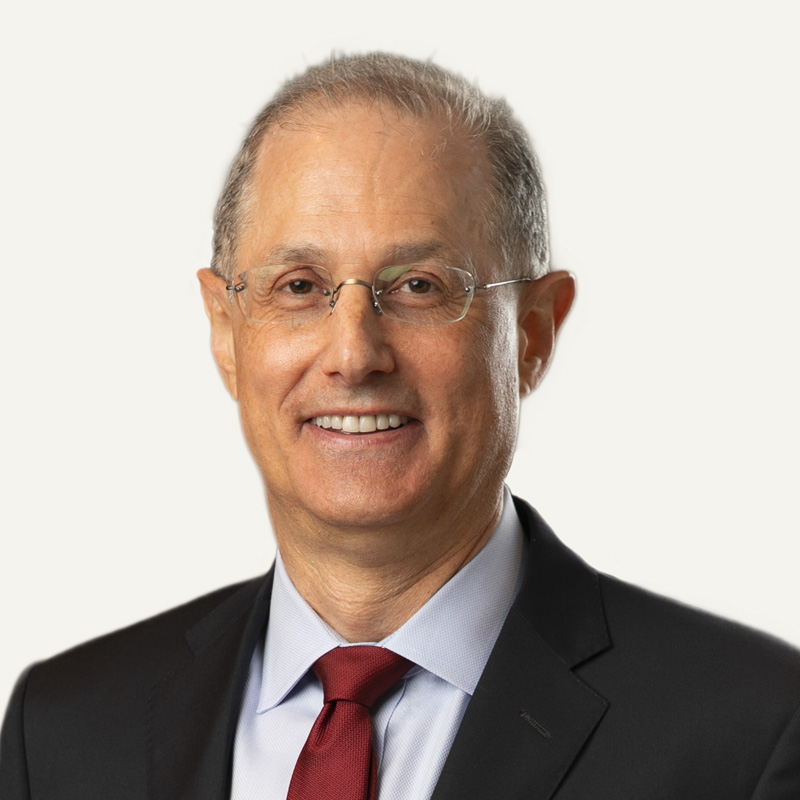Golub Capital
Golub Capital is a market-leading, award-winning direct lender and experienced private credit manager. We specialize in delivering reliable, creative and compelling financing solutions to companies backed by private equity sponsors. Our sponsor finance expertise also forms the foundation of our Broadly Syndicated Loan and Credit Opportunities investment programs. We nurture long-term, win-win partnerships that inspire repeat business from private equity sponsors and investors.
As of April 1, 2025, Golub Capital had over 1,000 employees and over $75 billion of capital under management, a gross measure of invested capital including leverage. The firm has offices in North America, Europe, Asia and the Middle East.
Jennifer Potenta
Managing Director, Head of Insurance Solutions
jpotenta@golubcapital.com929-364-6359
Brett Sullivan
Director
bsullivan@golubcapital.com929-383-3171
golubcapital.com
200 Park Avenue
New York, NY 10166





